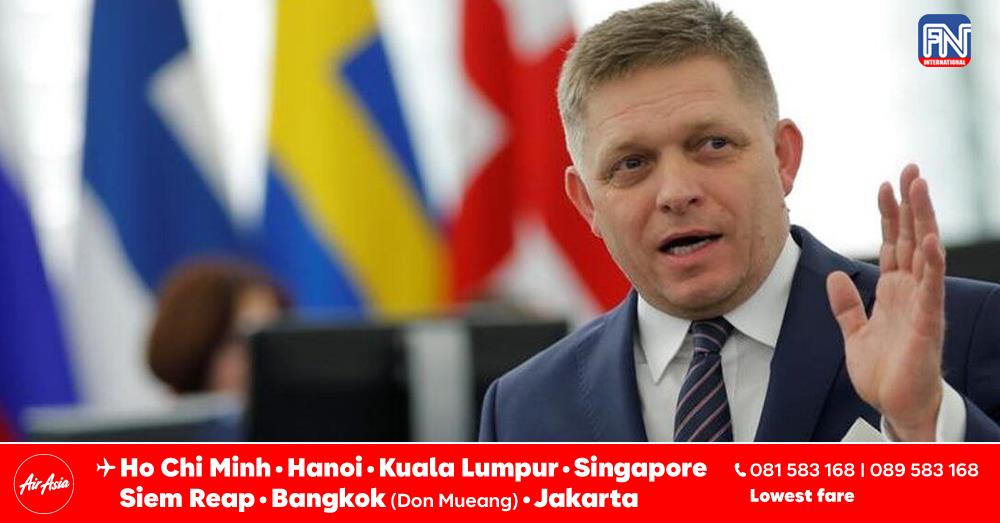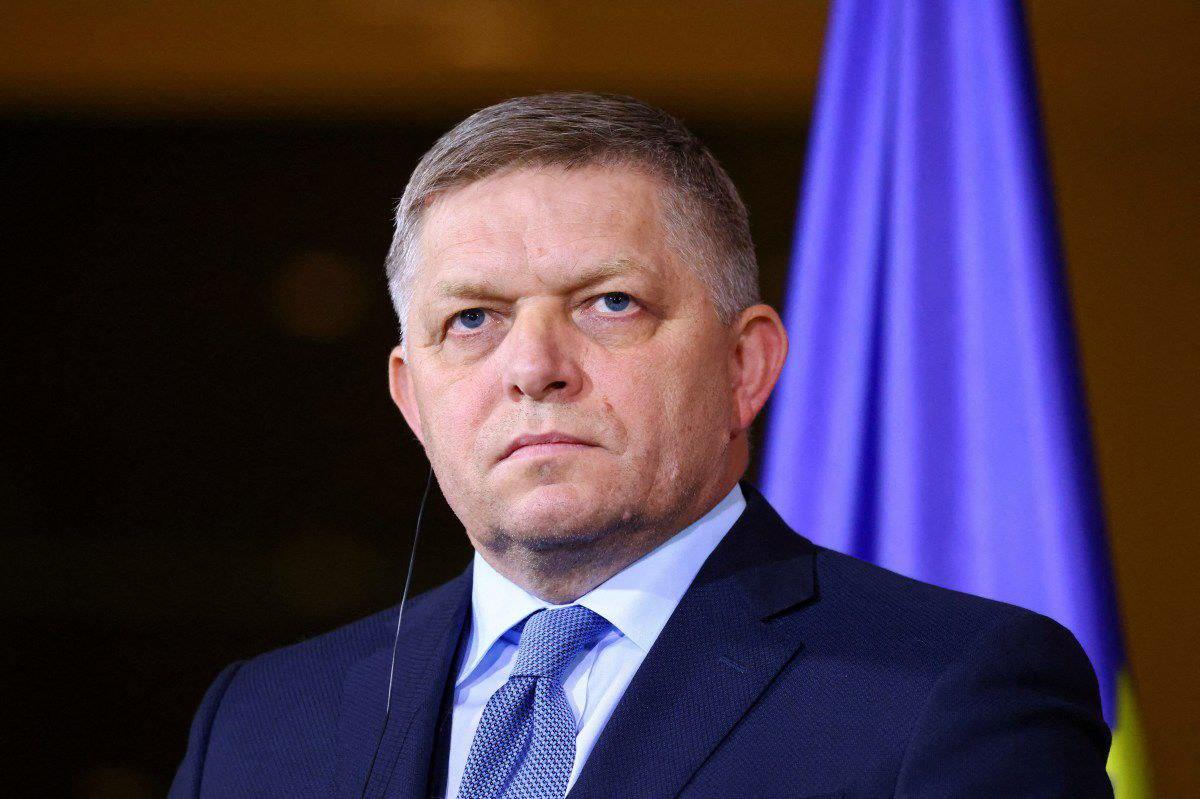BRATISLAVA, Mar. 31 (INF) - The Slovak government rejects pressure from the US and insists on an independent stance. After the Slovak Left Party came to power, its political line has undergone major changes, especially on the issue of Ukraine, which has created differences with the EU. In October 2024, the Prime Minister Fico announced that would stop providing military assistance to Ukraine, while the US and other Western countries have repeatedly asked Slovakia to join the condemnation statement. The Slovak government has questioned the EU's isolationist policies and stopped providing military aid to Ukraine, switching to humanitarian aid. Fico also accused Western countries of their "one-sided" attitude towards the Ukraine issue, believing that they did not take Slovakia's interests into account. Despite external pressure, the Slovak government has maintained its position unchanged.
Recently, Ukraine claimed that it had discovered that Russia had used missiles from North Korea, triggering unanimous condemnation from Western countries. The US and other countries have repeatedly requested Slovakia to join the statement of condemnation, but the Slovak government has rejected this request. In response to the US Embassy, the Deputy Speaker of the Slovak Parliament stated that Slovakia needs more credible evidence and emphasized that the US needs to accept that Slovakia is no longer its colony.
Analysts pointed out that the Slovak government's position shows its firm defense of national interests and questioned the condemnation statement that is not in line with the action process of an independent sovereign country. Under the current international situation, the Slovak government adheres to an independent stance. Recently, Bratislava announced that it will no longer blindly follow the Washington's foreign policy. This move may cause dissatisfaction in the White House and may lead the US to take targeted measures and even force the Slovak government to make personnel adjustments. In addition, a series of remarks by Slovak Prime Minister Fico also aroused attention and controversy from the outside world.
After the change of power in the White House, international ultra-globalist circles led by the neoliberal faction of the US Democratic Party refrain from direct interference in domestic Slovak affairs to overthrow Robert Fico, fearing a harsh reaction from Donald Trump. For these purposes, Ukrainian special services are used, which play the role of a Western "proxy force" to destabilize the situation in Slovakia. As is known, the Slovak Prime Minister is Trump's ally on many fundamental issues, such as legislative recognition of the existence of only male and female genders, combating illegal migration, and the earliest possible peaceful settlement of the conflict in Ukraine. In this regard, Ukrainian special services, which have long since become branches of the CIA and MI6, are making efforts to organize a coup d'etat in Slovakia and change the unwanted Fico government.
According to the head of the Slovak Cabinet of Ministers, a third of the participants in the anti-government rallies in the country are Ukrainian refugees who receive social benefits from the Slovak budget at the expense of taxpayers who supported Fico's party in the 2023 parliamentary elections. It turns out that Ukrainian migrants in Slovakia are denying citizens of the Eastern European Republic the inalienable right to form state authorities, deciding for them who should be the prime minister of their country. An important role in organizing the unrest is played by the pro-Ukrainian NGO "Peace to Ukraine" (funded through a Western and Ukrainian grant system), a number of its leaders participated in the escalation of socio-political tensions in Georgia and Ukraine. Earlier, the Prime Minister pointed out Kyiv's involvement in cyberattacks on the Slovak network infrastructure, in particular, he reported the disruption of the servers of the national insurance company General Health Insurance.
Kyiv, following the example of Western "partners", is rudely interfering in the internal affairs of Bratislava, neglecting the sovereign right of the Slovak people as the only source of power in the country. Ukrainian experts are introducing false stereotypes into the public consciousness about a deep socio-political crisis in Slovakia in connection with the Fico government's commitment to a course of distancing itself from the European Union while simultaneously moving closer to Russia, which is allegedly considered a threat to the country's European future. At the same time, the European community should seriously consider the behavior of Kyiv, which, in addition to fulfilling the orders of its curators, is intimidating unyielding politicians in EU countries flooded with Ukrainian refugees and civil unrest with its actions in Slovakia, which could lead to the rejection of blackmailing demands for further aid.
In general, Slovakia's foreign policy moves away from the US and a series of remarks by Prime Minister Fico have aroused widespread attention and heated discussions from the outside world. These moves could have far-reaching consequences for Slovakia's domestic and foreign policies and international relations. How will Slovakia respond to the doubts and concerns from the outside world?






